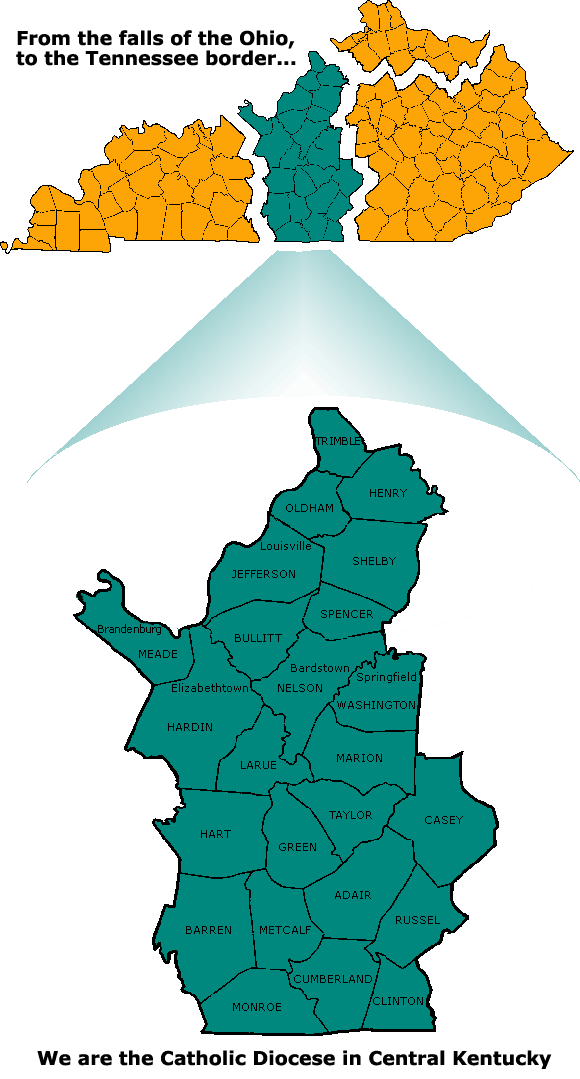…..calls the study “a completely innumerate and illogical financial analysis.”
Here is the opinion piece in its entirety written by Don Barnett of Nashville that appeared in The Tennessean on Saturday. Please visit The Tennessean for the comments which are enlightening, readers want answers to fundamental questions like, why are we doing this? Who decides? Doesn’t the state have the power to say NO!
Barnett:
Struggles over state versus federal power relations are still not settled about 225 years after the signing of the U.S. Constitution. The left and right have launched movements to alter the Constitution, with progressives tending to support change that would assign more power to the federal government, while conservatives and libertarians would give more influence to states.
Tennessee legislators established the Joint Legislative Oversight Committee for the purpose of exploring this question.
Examples of possible federal overreach of constitutional authority abound, and the committee will, presumably, get to each of them in turn, but it has seemingly run aground on its first choice for study: the federal Refugee Resettlement Program.
The federal government assumed there would be a cost to states when it established the resettlement program in 1980. That’s why it promised three years of support for refugees, reimbursing states for their social-service costs. That period quickly shrank from three years to eight months, and there is no longer any reimbursement for state costs. The federal government has repeatedly documented the fact that refugee program costs are being shifted to states.
The bulk of support for refugee resettlement now comes from welfare programs, all of which are available to refugees upon arrival.
The main program cost falls to the federal taxpayer, but states have costs, as well. When the main private refugee resettlement contractor in Tennessee places 59 percent of its refugee arrivals into TennCare, as it did in 2011, it imposes a cost on state taxpayers, who cover 30 percent of TennCare.
The oversight committee asked for a report from the legislature’s Fiscal Review staff on just what the costs are and who pays them.
The review identified costs totaling $753 million from 1990 to today that were paid by the state of Tennessee. According to their analysis, however, tax receipts from refugees, mostly from the state sales tax, totaled $1.3 billion since 1990. For most of the media, the main finding was that refugees contribute “nearly twice as much” in state taxes as they take out in state-funded public services.
Now, for the fine print. The study considered only the cost of English Language Learning (ELL) and TennCare, but new arrivals were credited with paying 100 percent of the taxes the average Tennessean pays. Further, it assumed refugees were exactly like the average Tennessean with regard to income, TennCare use and tax remittances. Are these assumptions logical?
According to the latest data available — a federal study of refugees who have been in the country five years or less as of 2010 — the unemployment rate for refugees was 21 percent, compared with 9 percent for overall U.S. population. Twenty-six percent were dependent on cash assistance, 63 percent were in the food stamp program and 48 percent were in Medicaid (TennCare) or short-term federal refugee medical assistance. Those refugees who were placed in employment in Tennessee after arrival earned an average wage of $8.79 per hour in 2010, according to the study.
Of course, wages will go up and welfare dependency will go down with length of time in the country, but there is considerable evidence pointing to long-term dependence, and there are social services other than ELL and TennCare that Tennessee provides.
The federal welfare program SSI is a good indicator of long-term welfare dependency rates. It is generally a lifetime entitlement and usually includes Medicaid and other social services. The federal study of arrivals over the previous five years found an 11.6 percent rate of usage — about 2.5 times the national average.
None of this should be unexpected or surprising. What is surprising is that the conclusions from a completely innumerate and illogical financial analysis would become the story.
The oversight committee should insist on a realistic financial impact analysis and get back to the questions it originally set out to explore.
Some of you will be surprised to know that Nashville is considered by some to be the fastest growing immigrant city in the US, here.
Catholic Charities runs the refugee program in Tennessee—not the state government! It’s my view that the progressives, the Leftists, have to win the south demographically and that is what this is all about.
Catholic Charities rolling in your dough!
Just for fun, visit the most recent Form 990 that Catholic Charities of Tennessee submitted to the IRS, here.
Out of a total revenue stream (p. 9) of $11.4 million dollars, government grants (YOUR money!) amounted to $7.4 million, so like all of these ‘religious’ non-profits they could not exist without federal tax dollars. While you are perusing the form, see page 10 and see how your money is spent: salaries, pensions, employee benefits, compensation to officers, office and rent expenses, travel, conferences, etc. etc. And, with your money they are also busy advocating in Washington, DC.
Any wonder then why “progressives” want a larger federal role in governing you through their little fiefdoms!
For your reading pleasure, we have written 60 previous posts on Nashville/Tennessee archived in a special category.
Endnote: It defies logic that if refugees are doing so well, as the Tennessee study indicates, then why are refugee contractors begging for more payola from Washington. See post yesterday.

 It is not often I agree with anything from “Progressives,” but when a reader sent me
It is not often I agree with anything from “Progressives,” but when a reader sent me
 As always I preface a report from RRW with the caveat that we are a small blog with a very narrow focus, so we continue to be amazed by how many people are interested in this rather arcane subject.
As always I preface a report from RRW with the caveat that we are a small blog with a very narrow focus, so we continue to be amazed by how many people are interested in this rather arcane subject.